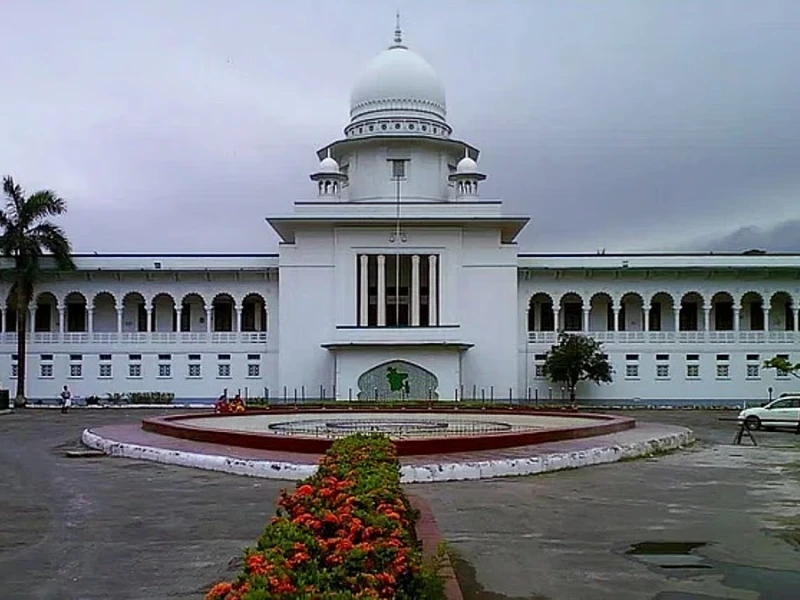For the first time in Bangladesh’s history, civil and criminal courts have been fully separated in a landmark move aimed at reducing the country’s mounting case backlog and expediting judicial proceedings.
The Law Ministry issued a gazette notification on Thursday announcing the decision.
Until now, joint district judges, additional district judges and district judges in the lower courts were tasked with handling both civil and criminal (sessions) cases simultaneously.
According to the ministry, this dual responsibility has been a major factor behind delays in case disposal and the growing backlog.
Currently, there are nearly 1.6 million civil cases and about 2.3 million criminal cases pending in the country’s subordinate courts. Despite criminal cases being higher in number, judges were required to preside over both categories, significantly slowing down the pace of disposal, the ministry noted.
To address this, the government has established 203 additional sessions courts and 367 joint sessions courts, where judges will deal exclusively with criminal cases.
The ministry said the reform will end the long-standing dual responsibility of judges and bring the much-needed momentum to judicial activities.
With the complete separation of civil and criminal courts at the district level, authorities expect a substantial increase in case disposal rates, ultimately easing the country’s chronic case backlog.


 Prev Post :
Prev Post :
